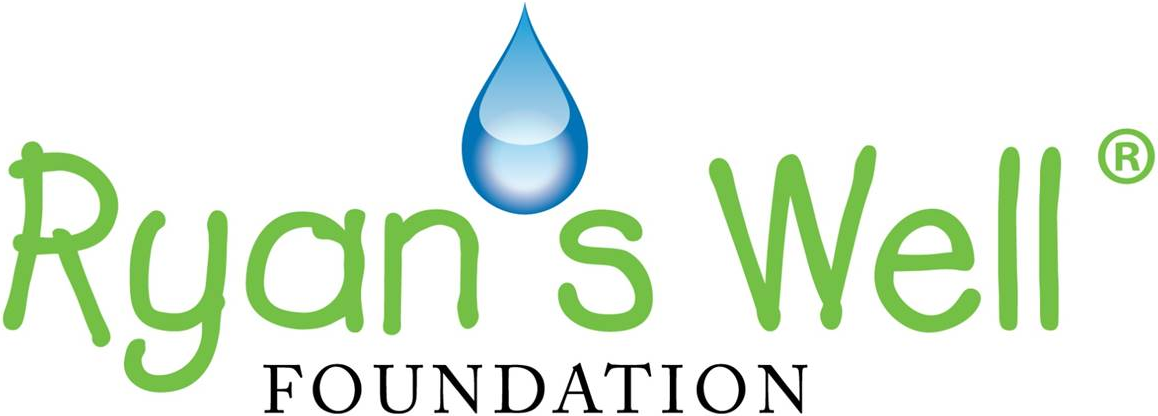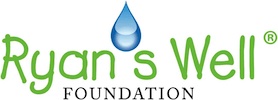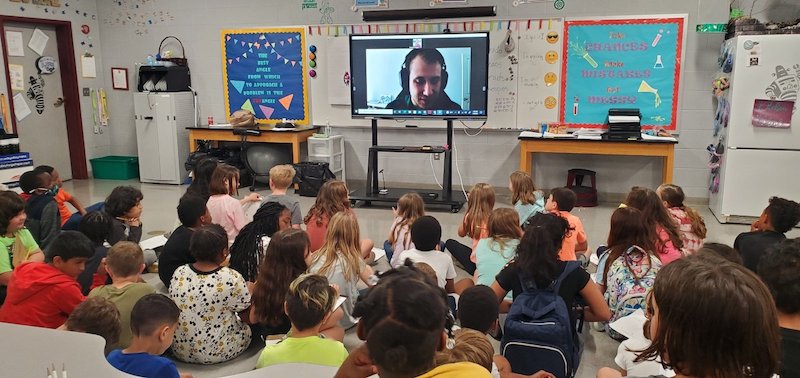ABOUT THE PROJECT
The Rukungiri, Mitooma-Bushenyi, and Ntungamo Districts are located in Western Uganda; these Districts are not very large, and are covered mostly in agricultural land, including hilltops and mountains. This terrain makes it very difficult to drill wells, and is why many of the communities in this area rely on surface water for drinking in domestic purposes. Consequently, communities in Western Uganda frequently experience the negative health impacts associated with drinking contaminated water, such as frequent flu, typhoid, and stomach illnesses. In order to improve this situation, people in this region must fetch water from an improved water source, such as a protected spring or a rainwater harvesting tank, which are types of infrastructure that work well in this area. This will allow the communities to practice good hygiene, including safe excreta disposal, hand washing, and home/kitchen cleanliness. For these reasons, Ryan’s Well Foundation has proudly partnered with the Rukungiri Women Integrated Development Foundation (RWIDF) in Western Uganda since 2002, and will collaborate once again for this proposed project.
WHAT DO THE FUNDS SUPPORT?
- Construction of 19 Protected Springs.
- Construction of 1 VIP (Ventilated Improved Pit) Latrine, Equipped with a Hand-Washing Jar, for Ndere Primary School.
- Construction of 2 x 30,000L Rainwater Harvesting Tanks.
- Mobilization of all 22 Communities and Organization of Community Water Committees.
- Extensive WASH Training for Water Committees and all Beneficiaries.
- Training of Caretakers in Maintenance, Management and Repair of all 22 Sites.
- Substantial WASH Training via 3 Radio Broadcasts.
- Purchase of 2011 Toyoto Hilux Pick-Up Truck for RWIDF Field Use. *
- On-going Local Monitoring and Evaluation.
With your donation, this project will provide 3,500+ people with access to safe drinking water and WASH education. Improved access to clean, safe water will greatly reduce the time spent by community members in these districts, especially women and children, in the daily search for clean water. With the construction of 21 water sources, a VIP latrine, and the accompanying WASH training, there will be a reduction in the spread of water borne diseases, such as typhoid, which is the main inhibiter from allowing children to stay in school for this area. Personal and household hygiene will also improve as a result of community capacity building training sessions conducted by RWIDF. This in turn will reduce rates of infections and a number of other diseases prone to the area, such as cholera and the common flu. With less water-related illnesses, women will have more time to spend participating in social activities, children will be free to learn and play, students will stay in class year-round and gain an education, and most importantly, the overall health and well-being of the selected communities will be greatly improved. Water Committees are created within all communities to ensure responsible maintenance and management of these water projects. These Committees provide communities with the level of participation needed to ensure the sustainability of these water and sanitation projects.
* RWIDF works closely with the benefitting communities during and after the project implementation; the team has adapted this strategy since its inception in the 1980’s, and throughout our partnership since 2002. This requires frequent field visits by the RWIDF team, and often the rural sites are extremely difficult to access (rough, dirt roads from flooding and droughts; steep hills that are easy to slip off into the surrounding mountain landscape; overgrown vegetation; etc.). Up until this year, the RWIDF team have been conducting their field work in a 1995 Toyota pick-up truck that is in desperate need of an update. The radiator often overheats and the team must pull-over and pour cold water on it; both the driver side-door and rear passenger side-door fly open when big bumps are hit; it consumes excessive amounts of oil and releases these emissions visibly when driving up hills; etc.). Needless to say, the RWIDF truck is a safety concern for the team, and is not allowing them to do their work efficiently (as the truck is often in the garage for repairs). Therefore, we have included the cost of the new truck in this donation goal. Purchasing the RWIDF team an improved truck to conduct their field work will not only guarantee their safety and efficiency this year, but will allow us to continue our sustainable, self-sufficient project work in Western Uganda long-term.


